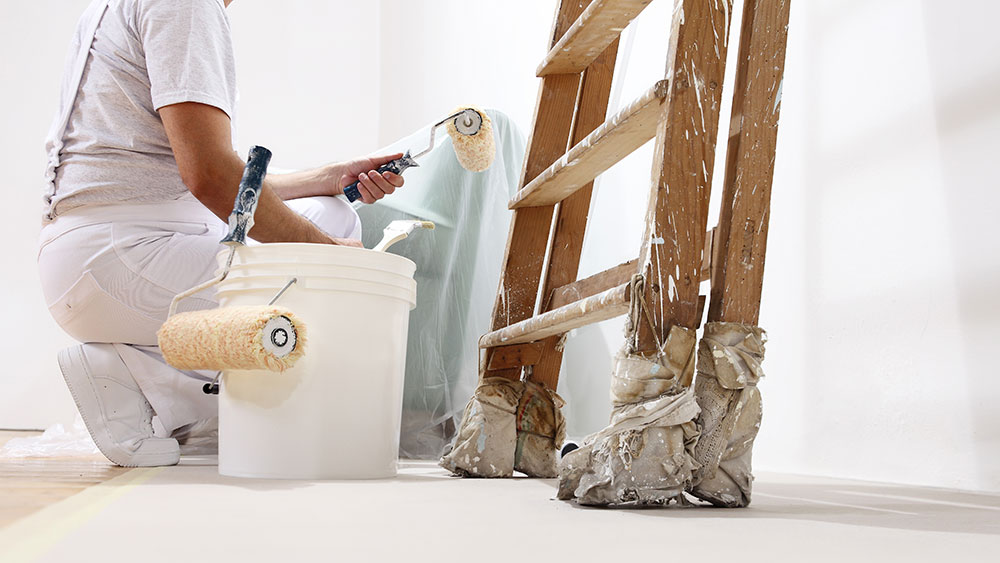Originally posted in Consumer Reports News
Most homeowners hire a contractor to repaint the exterior of their home. Follow our advice to help ensure a high-quality job, whether you’ll have your house painted this fall or next spring.
Meet the pros. Call in at least three different contractors for your job. (Friends and family are good reference sources.) And be home for the initial meeting with them. That way, you’ll know how much time each contractor took to assess the condition of your home. The longer he takes, the more realistic the estimate you’ll get. Even an experienced painter will need more than a quick walk around your house. Also ask each contractor about the size of his crew and the members’ experience level.
State your expectations. The number of coats a painter applies isn’t the only factor in determining the quality—and price—of the project. Preparation is also key. If you want a surface that’s free of unevenness from past paint jobs, tell the contractors—and be prepared to pay extra. But if you can live with some imperfections, agree on what level of prep is acceptable and what isn’t.
Get estimates. Seek a written estimate from each contractor. It should include a breakdown of labor, material costs, the number of coats of primer and paint, the brand and model of materials, and a detailed description of the amount of surface preparation that will be done.
Check references and past work. Get a list of references from each contractor and call them to find about their experience with the pro. A history of positive references is a good sign. Also examine jobs the painters did several years ago to see how their work is holding up. Use recent projects to check the skill of their current crews.
Consider credentials. Before you hire someone, consider his credentials. Membership in a trade or local business group, for example, isn’t a guarantee of quality work, but it shows a level of commitment and reliability on his part. Also verify whether the pro has the appropriate license(s). (You’ll find the licensing information in your state at the Contractor’s License Reference Site. Also check with the Better Business Bureau, the attorney general’s office in your state, or a local consumer-affairs agency to learn whether the contractor has a history of unresolved complaints.
Obtain a complete contract. The contract should include all the contractor’s key information: name, address, office and cell numbers, and license number, plus whatever details were in the estimate. Make sure the contract clearly states what is and is not included in the job. Get a copy of the painter’s liability and workers’ compensation insurance certificates. If he doesn’t have coverage, you could be on the hook if, for example, the crew drops a ladder on your neighbor’s car or a crew member gets hurt on the job.
Ask for a guarantee. The painter should promise to correct any chipping, peeling, blistering, flaking, or excessive fading or chalking that occurs within two years after the job is done at no or little cost. If he tells you the paint itself has a warranty, remember that doesn’t include labor, which is a far more costly proposition than material.
Choose the paint yourself. Your painter might try to talk you into a paint he prefers, but use the finish you want. See our latest report on exterior paints and stains and refer to our Ratings (available to subscribers) to find top performers.
Look for lead. If your home was built before 1978, older coats of paint could contain lead. That means the painter might need to take extra precautions to avoid any hazards. See “Getting the lead out” for more information.
Hold out. Finally, don’t make a large down payment and withhold the final payment, typically 10 to 15 percent, until you are fully satisfied with the job.

